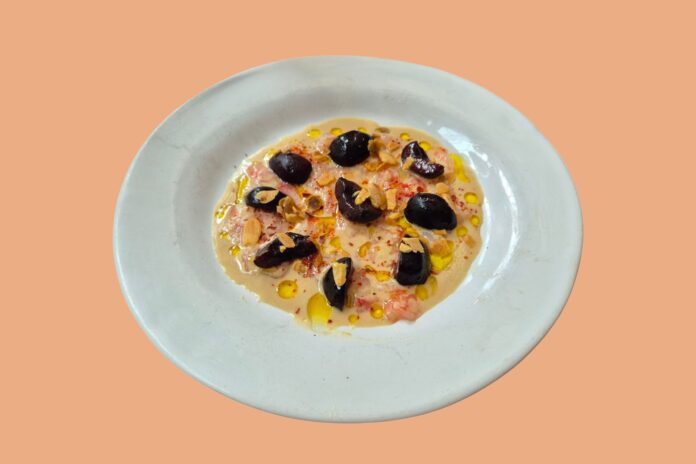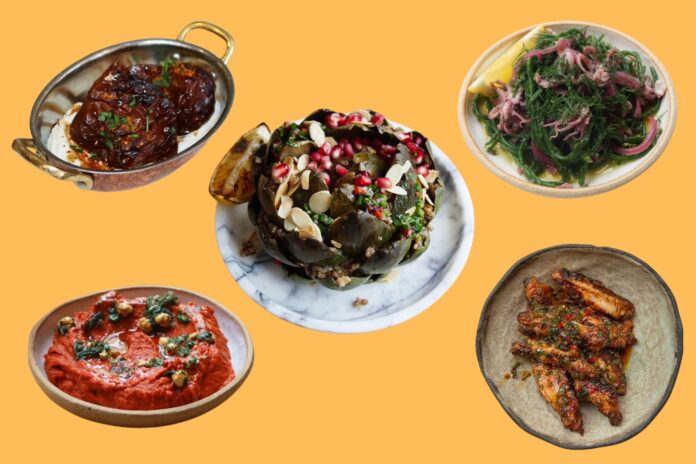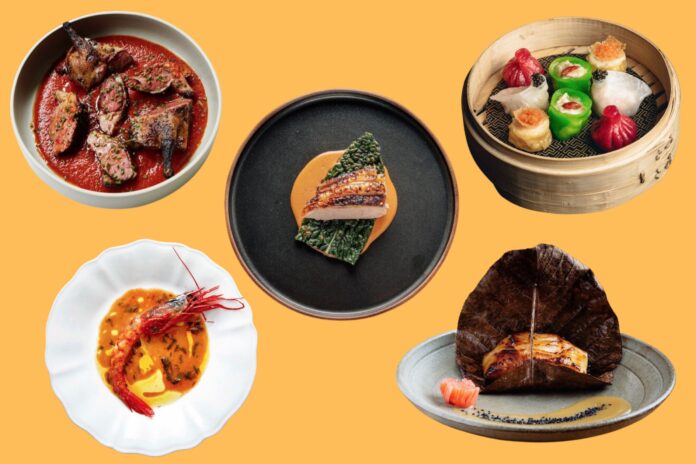Feeling unexpectedly lethargic? Skin looking puffier than normal? Irritability an ongoing issue? Well, it could be down to your diet. Or, rather, items lacking from it.
Here, barbecue experts FoodFireFriends have teamed up with nutritionists Ellie Busby and Dr Sarah Cooke to find out what nutrients are most commonly missing from the average person’s diet.
Zinc
Nutritionist Ellie Busby comments:
“If your hair is thinning or dry, you might need more zinc. Most people do not get enough zinc, due to our food being over-processed, which strips the goodness out, and zinc suffers the most.’
‘Other signs of a zinc deficiency are soft nails, dry skin, and getting ill a lot. Wholefoods that are rich in zinc to integrate in everyday diets are whole wheat bread and pasta, whole grains (quinoa, buckwheat, brown rice) and pumpkin seeds.”
Read: 6 delicious foods that are high in zinc
Vitamin B6
Skin rashes, sore lips and tongue, mood changes, and tiredness, can all be signs of vitamin B6 deficiency. Vitamin B6 is important to protect and strengthen the immune system and maintain an optimal amount of amino acids in the blood.
Dr Sarah Cooke explains:
“Vitamin B6 is one of the most common micronutrients deficiencies in the average person’s diet. Optimal sources of vitamin B6 include avocado, russet potatoes, garbanzo beans, yellowfin tuna and nuts.”
Vitamin D
“We cannot get much vitamin D from our diet. In fact, we make most of it from sunlight. The problem? We are not in the sun enough. So, our body turns to our food to get what it needs”, explains Nutritionist Ellie Busby.
“The only natural food source of vitamin D is oily fish. You might find special high-vitamin D mushrooms in your local supermarket nowadays too. Another way would be to look for fortified soya milk, which I get my daily vitamin D from.”
Read: 5 vitamins and nutrients you need in autumn
Omega-3
She continues, ”Most people do not eat enough nuts and seeds and eat too many processed foods. One is high in omega-3 (anti-inflammatory, good for you), and one is high in omega-6 (pro-inflammatory, bad for you).”
”Our brains are made of fat, and most of it is omega 3. One risk of not getting enough omega 3 is that the brain will age faster, and this will increase risk of dementia, when getting older.’
‘What most people do not know is that omega-3 and omega-6 need to be in balance. So, we cannot just eat foods high in omega-3 and hope for the best. We need to reduce your omega-6 intake too. A way to do this would be to reduce the number of processed foods in our diet which and start consuming more organic nuts and seeds.”
Dr Cooke adds: “Omega-3 fatty acids are generally lacking in the American diet. Sources of Omega 3 include oily fish such as salmon, walnuts, and flax seed. By adding flax seed to oatmeal or walnuts to salad we help increase our daily Omega 3 intake.”
Iron
“Iron is found in both animal foods and plant-foods heme iron and non-heme iron respectively). Foods such as red meat, eggs and oysters contain heme iron, which is more easily absorbed than non-heme iron. Plant sources of iron include lentils, spinach, tofu, and cashew nuts.’
‘To increase the absorption of non-heme iron from plants, it is good to combine these foods with vitamin, such as lemon juice in a salad dressing, or the addition of strawberries or oranges to a snack. Another way to facilitate non-heme iron to be absorbed by our bodies, is to and avoid drinking tea with these foods (the tannins found in tea inhibits iron absorption).” adds Dr Cooke.
Calcium and magnesium are also commonly missing micro nutrients in the average person’s diet.
Busby explains: “Despite people consume large quantities of milk and dairy products, 70% of us are lactose intolerant as an adult, which can lead to gut issues.’
‘For those who are lactose-free, it is crucial to eat lots of plant foods with calcium, such as fortified plant milks, dark green leafy vegetables, and seeds (especially poppy, sesame, and chia seeds).”
Read: 6 IDEAL ways to improve your gut health
She continues, “Magnesium is one of the most recommended supplements from doctors all over the world. Why? Because it is almost impossible to get enough magnesium from our diets – especially if we are stressed.’
‘In fact, the body consumes magnesium stores to build stress hormones. Whole grains, nuts, dark chocolate, and dark green leafy vegetable are all optimal sources of magnesium.”
Fascinating stuff, indeed!





